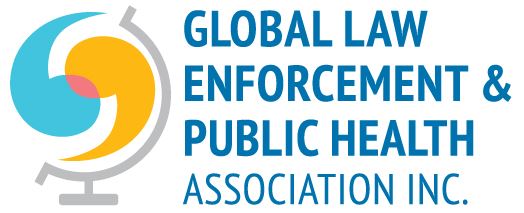Publication directly sourced from the College of Policing.
Read the original publication here.
In February 2018 the College of Policing, Public Health England, National Police Chief's Council and others signed up to the Policing, Health and Social Care consensus. We committed to working better together on prevention and early intervention, recognising that the majority of police work is rooted in complex social need. One way of doing this is taking a public health approach in policing.
As we have worked together to implement the Policing, Health and Social Care consensus, a frequent question has been, "what exactly do we mean by a public health approach in the context of policing?".
Working closely with Public Health England, we have compiled a discussion paper to explore this. There is no single answer or a one-size-fits-all approach, and it is not always expressed in the same way. However, we have chosen to highlight five core elements that make up public health approaches:
- Starting with populations (rather than individuals)
- Seeking to understand and address the causes of the causes
- Championing prevention
- Intelligent use of data and evidence base
- Organisations working in partnership with each other and communities
Following on from this publication, we have committed to developing practical principles to help frame local implementation. We know there is already lots of good work going on in local partnerships – we would love to hear what you're already doing, and what would help you to develop that further.
Public Health approach discussion paper
Public health approaches executive summary
Read the original publication here.
